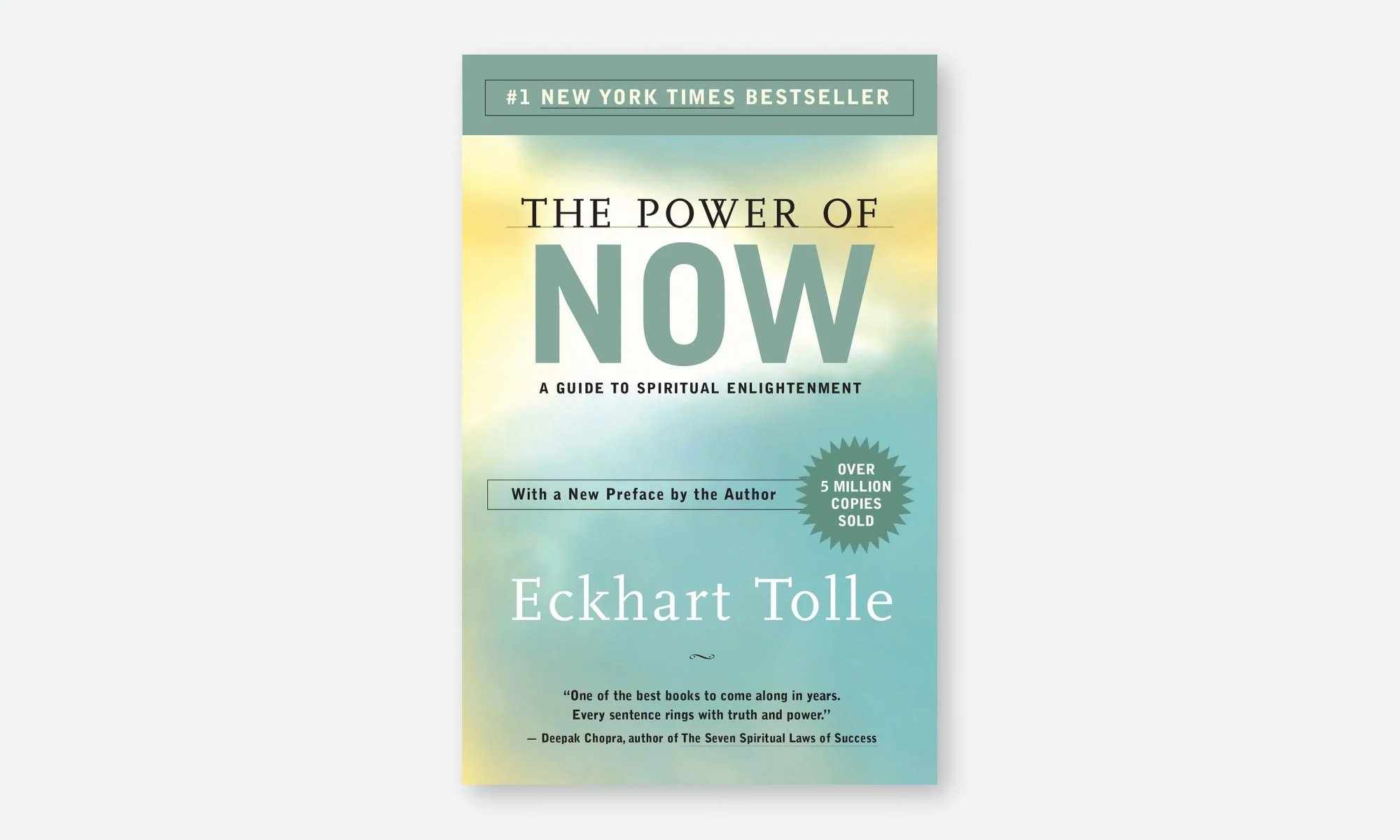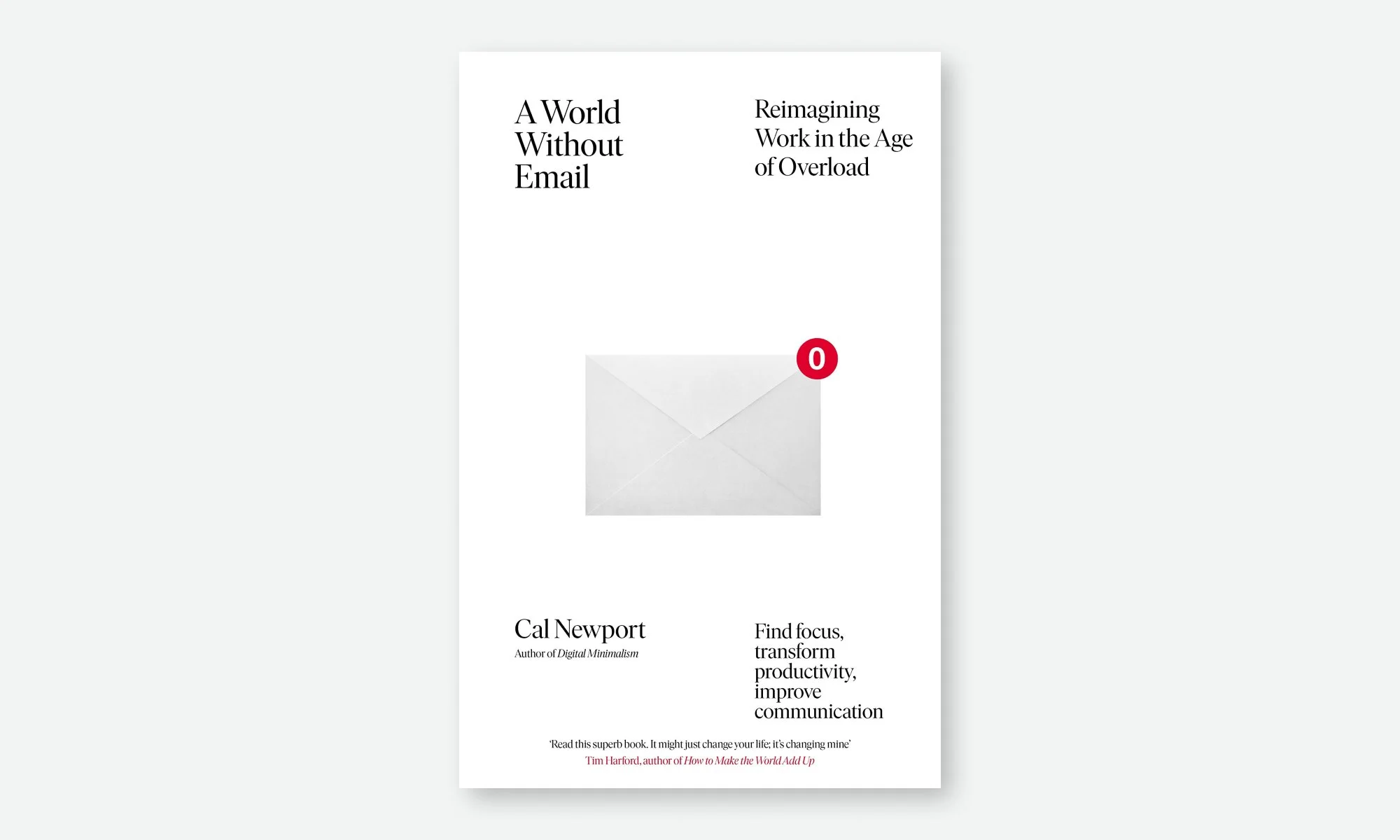3 Books That Helped Me Live a More Examined Life
Books expose you to concepts you may have not known existed. They can expand your reservoir of life trajectories to undertake. And that is incredible and useful if you want to live a fulfilling life and not fall into mimetic traps. Books can shape you in a subconscious but impactful manner. I think the same for Youtube videos—educational ones: you can improve drastically as an individual by exposing yourself to diverse, educational Youtube content. You can learn (almost) anything on the Internet.
Educational YouTube content is the type based on scientific evidence. It teaches something through the experience of the presenter/scientific data about a certain topic. I reckon books still have the lead when it comes to disseminating knowledge. Books take years to be completed (most of the time). Great books are a by-product of the author’s experiences and wisdom accumulated until the point of writing the book. All those years of experience are contained within a book. We learn through stories, especially if well-crafted.
Expanding your “pool of life possibilities” means that you may be oblivious to what life can offer if you did not read or expose yourself to outside ideas. The people and cultural characteristics surrounding us may be all we know if we do not expose ourselves to the outside world and the experiences of people who accomplished something of impact. There is also value in reading content that does not immediately resonate with you. Especially if contrary to one’s current beliefs, there is value in exposing yourself to ideas that are foreign to you. You can develop empathy and make up your mind in this way—really make up your mind, if you choose to. By exposing yourself to contrarian arguments, you may power up your ability to articulate why you believe something. Or you may incorporate some concepts you did not know existed into your worldview.
Ultimately, reading has the aim of helping you navigate and make sense of life. By learning through the eyes, experiences, ideas, biases of authors, you can unleash the potential that is in you and conduct a more examined life. An examined life is one where you have the lead, as opposed to existing hyperactively and under the influence of external circumstances. The way you think about and behave in seemingly unfavorable circumstances makes the difference. Reading can provide you with the tools to reshape your persona and outlook on life.
I have been reading regularly (every day—some periods less than that) for four/five years. I made it a habit, linked to other activities that precede and follow, and embedded in my morning routine. There have been some books that particularly stood out to me. I consider them remarkable books because they left a mark in my persona, transforming at least one dimension of the way I think, behave, comprehend. Here are three of the books I found most impactful and valuable. There are other books I reckon are outstanding, but I decided to pick three for this post.
The Power of Now by Eckhart Tolle
The Power of Now is a book by Eckhart Tolle. It introduced me to the practice of meditation and its meaning about four years ago when I first read it. Authentic, genuine, committed meditation makes a difference. Meditating is a life-enhancing tool everyone can use in everyday life. Meditation is not about doing something. Rather, meditation is about doing less. When you meditate, you drop whatever you are doing or thinking about. You get yourself into a state of conscious awareness that transcends time and is completely rooted in the “now”. That is the power of now: you only have this moment, and as soon as you try to conceptualize it, it has already passed away. What is of most importance is the now, this exact moment.
Get stuck in the past, and you will feel miserable and attached to something that is not here anymore—only in your imagination. Wonder about the future too much, and you will also get stuck in imagination and potential anxiety-provoking thoughts. What if all you had is now? You can still plan for the future or reflect on your past events. But you will do so with the open awareness and belief that those are just fleeting moments necessary to develop your persona. They have nothing to do with the now. The past and the future are only small components of your existence.
12 Rules for Life
12 Rules for Life by dr. Jordan B. Peterson (together with its sequel “Beyond Order: 12 More Rules for Life”) opened my mind to the principles I can live by. It provided me with powerful concepts rooted in human behavior and psychology. This book taught me the utmost importance of balancing order and chaos in life. Too much focus on one of the two, and you will quickly fall down, losing your “balance”. Maintaining a harmonious ratio of chaos and order is what we should strive for. Order makes life feel properly put together. Order is control and conscientiousness. Chaos keeps the fire within alive. It enables creative ideation and implementation. Chaos is creativity, growth, openness to experience. Striking the right balance between order and chaos can change our lives. We can consciously resolve to take personal responsibility for our actions and behaviors in order to find that balance. We can do so also by following the “rules for life” shared by dr. Jordan B. Peterson in this book.
A World Without Email
*email in this context refers to email and other instant messaging tools that are often used to collaborate between people in the knowledge work economy.
Work doesn’t have to be associated with email and hyperactive hive mind (i.e., the random, constant context switching behavior often associated with email). Computer science professor and author Cal Newport dives into this topic and offers a paradigm-shifting framework for work in his most recent book “A World Without Email”. Email is a communication tool. According to Newport, we have been mistakenly using email as a collaboration tool in the knowledge work world. This fact hurts our psychological well-being and hinders our ability to truly focus on doing the work, rather than thinking about work. The opposite of a hyperactive hive mind is deep work and slow productivity. The human mind is designed to work in sequential mode; it is not meant to do multi-tasking. Deep work means focusing on one task at a time, disconnecting from your inbox (whatever it be), and only focusing on what you intend to give your attention to at any given time.
The “world without email” is one where teams collaborate and work using intentional project management frameworks, kanban boards, and tools borrowed from software development (e.g., agile workflows). Everyone is on the same page because all the information needed about the jobs to be done is planned, kept, tracked in a system intentionally set up for that purpose. As a consequence, email becomes what it was meant to be since its very early days: a communication tool that does not need our attention constantly. Email is harmoniously integrated within a world that focuses on intentional systems, order, and human well-being.
Thank you for reading. If you found this post valuable, consider signing up for the Weekly Reflection here, a newsletter about the deep life and human behavior.


